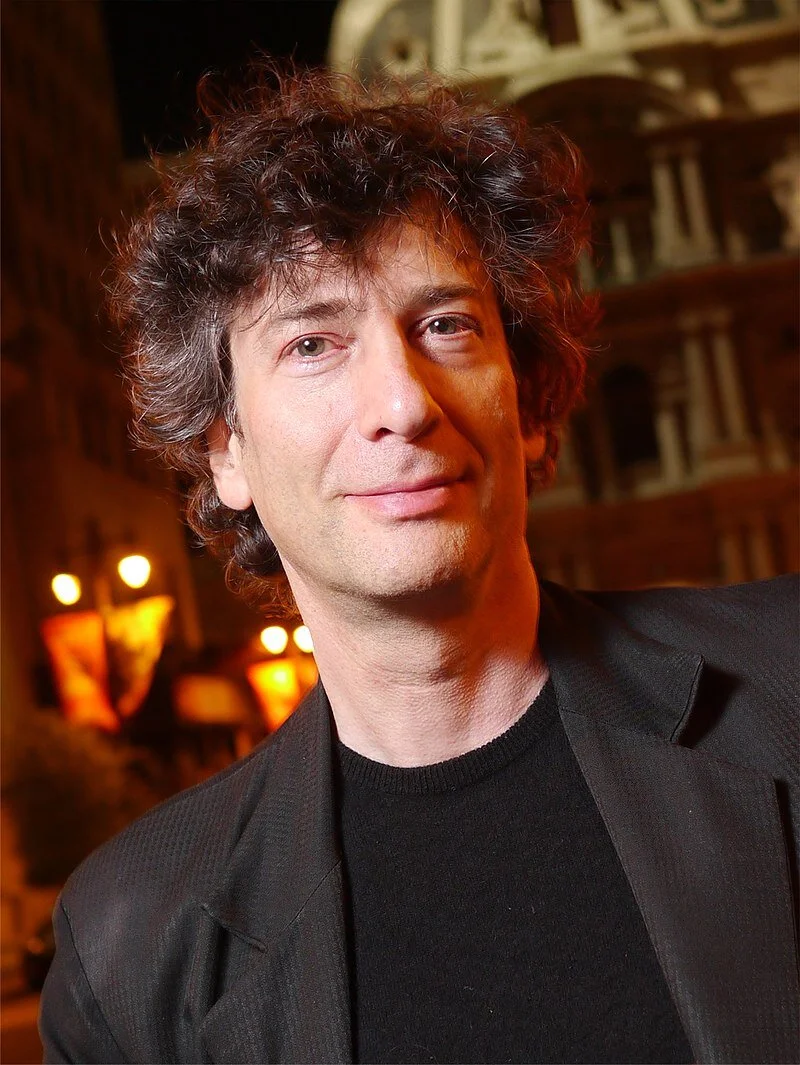ANTE CHENG & MATTHEW CHUANG
/Cinematographers Ante Cheng & Matthew Chuang
Blue Bayou starring Justin Chon & Alicia Vikander
The search for identity is something I think everyone goes through in their lives. It’s a constantly evolving answer. I think all of us can relate to the sense of belonging and what is home. Alicia Vikander’s scene was memorable to me. One of the rare times I cried while operating the camera.
There’s not really many stories about people who look like me in Australia, so I was just making films. How do I be invisible in a way and transcend whatever I’m shooting? It wasn’t until I came to the U.S…it was the first time I had to think about me being Asian and my experiences and how does that relate to what we’re telling in this film.




